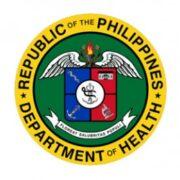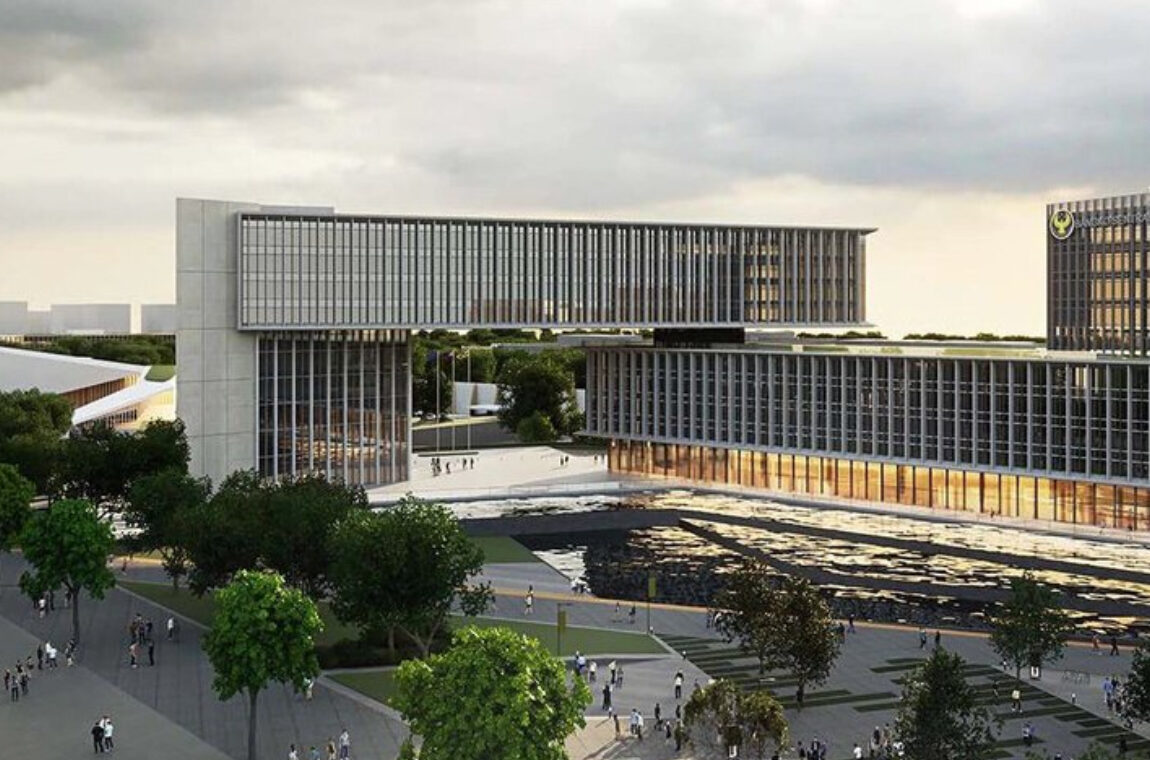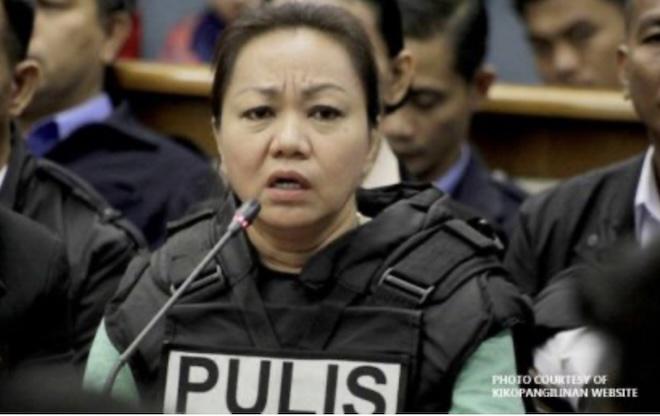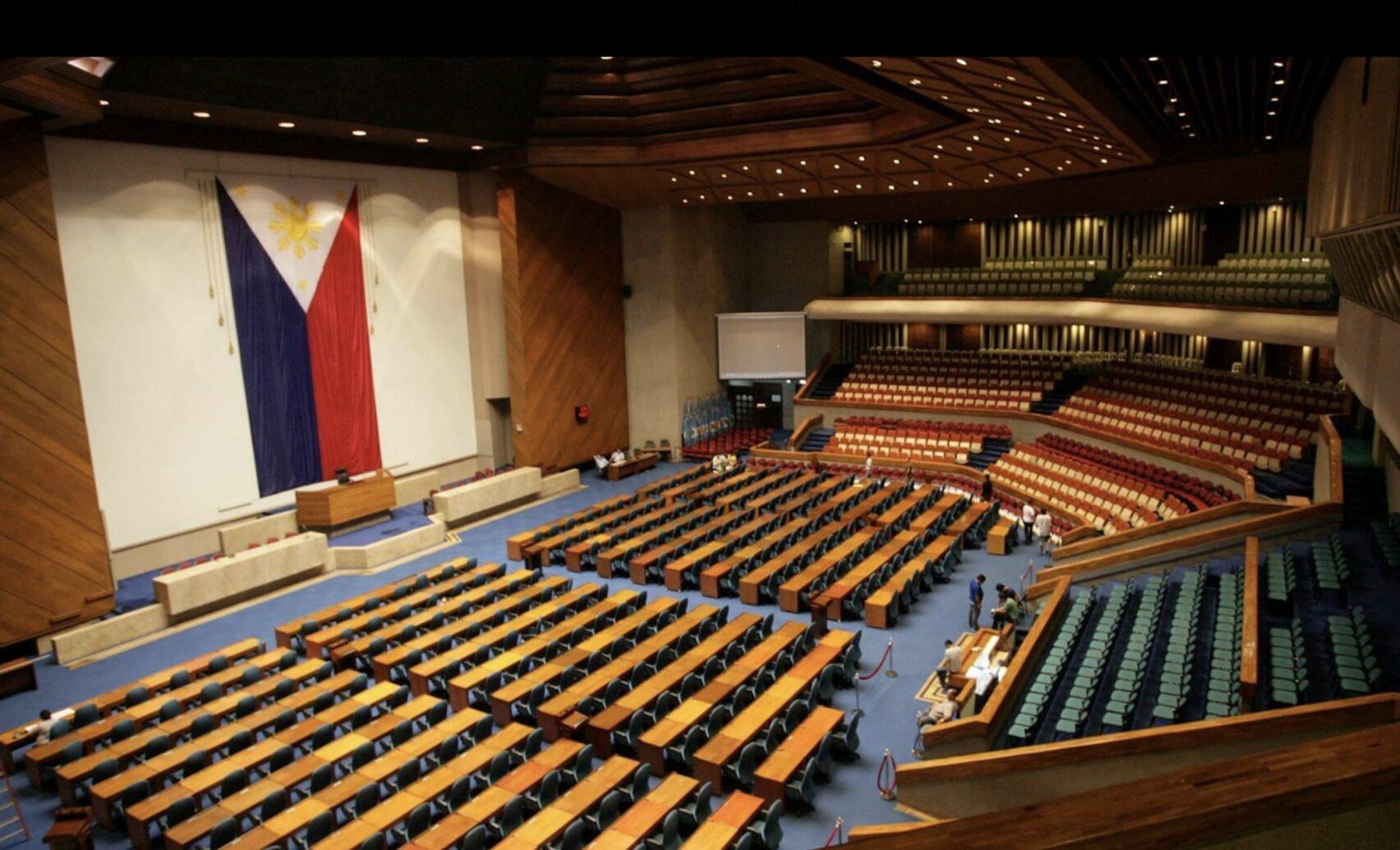By Rogelio Constantino Medina
DEPARTMENT of Health (DOH) Secretary Ted Herbosa reiterates to this writer that the priority of his agency is the continuous implementation of the Universal Health Care (UHC) Law – the core of their actions in the DOH through its eight-point action agenda.
“You know, in 2019, we passed that law by the Senate and Congress that aims to give every Filipino access to health care services, even in far-flung areas and for those who cannot afford to pay for medical services,” he began.
There is also a plan, he said, to focus on the issue of the emigration of healthcare workers in the country, and the visible solution is to increase their wages so that they have the ability to support their families financially and live a comfortable life.
The DOH is working with legislators to pass a bill to increase the entry salaries of healthcare workers. “We’re trying to generate evidence and explore strategies and schemes for standardizing the salary of HRH (human resources for health) in the public health sector at the national and local levels for the medical, nursing, dentistry, and medical technology occupational group. We’re also ramping up efforts in monitoring and assisting the DOH implementing units in filling up the available unfilled plantilla positions, about 4,500 for nurses.”
Herbosa recognized the unfathomable service and the hard work that the country’s healthcare professionals have provided their patients. As the Philippines is reaping the fruits of continuous efforts to combat the COVID-19 pandemic, the “importance of advancing our health care system networks are now emphasized.”
Health is a basic human right guaranteed by the Philippine Constitution of 1987. This is provided in the Philippines through a dual health delivery system composed of the public sector and the private sector. The public sector is largely financed through a tax-based budgeting system where health services are delivered by government facilities under the national and local governments. The DOH supervises government corporate hospitals, specialty and regional hospitals.
In view of this reality, Secretary Herbosa has agreed to promote, or intensify, public-private partnerships (PPP) in health for he firmly believes that the public-private partnerships among the government and these corporate bodies are pivotal in the realization of the goals of UHC. “We need all hands to galvanize the initiatives that we have to implement for the improvement of healthcare services to the Filipino people.”
PPP, he said, is being intensified right now, with NEDA PPP Center and DILG (as DOH Special Concerns Team) to upgrade capacities and functionalities of facilities both in the DOH and the local government unit (LGU). Other modalities in private sector engagement are being explored to maximize partnerships and complete service capability of the Health Care Provider Network.
To effectively achieve the goals of the Philippine Health Sector Reform Agenda, Herbosa cited the importance of efficient collaboration between offices, bureaus and other government agencies. “Research and development shall also take our current systems to the next step of advancement which will also allow the DOH and its allied agencies to make healthcare service delivery expand even to the far-flung-areas.”
“The DOH shall also continue its delivery of primary and specialized care to Filipinos through effective collaboration with our Centers for Health Development and through establishment of more health centers nationwide,” he pointed out.
Critics claim there is a need to organize our health system which was fragmented by the devolved setup. Each municipality has a management system for their local health system. The hospitals are in the provinces, but the frontliners or primary healthcare providers are in the municipalities.
“Pursuant with Section 19.1 of the UHC Act and its IRR (and as aligned with Section 33 of the Local Government code), the DOH, DILG, Philhealth and LGU shall endeavor to integrate local health systems into Province-wide and City-wide health system LGUs which have committed to integrate (currently 71 LGUs or UHC Integration Sites as of this writing) are expected to exhibit managerial, technical and financial integration with the aid of DOH, Philhealth, development partners, and other stakeholders. As of December 2022, 91% of the UHC Integration Sites have finished the preparatory level and are currently undergoing activities to strengthen organization and management systems on integration,” Herbosa explained.
He continued, “To expedite reforms on financial integration (e.g., prospective payments, network contracting, ACR-Global Budget), Philhealth together with DOH will be implementing sandboxes on primary care (PCPN Konsulta) and healthcare provider networks (UHC Sulong) and will continuously provide assistance to then LGUs to achieve local health systems integration and functional HCPNs.”
So what is the weakness of our health sector? Is it because our health system is more focused on individual-based packages of health programs? For instance, the treatment of cases, surgical procedures, laboratory testing, so it is curative though they are preventive measures that are individual.
Health systems operations, said Herbosa, must consider the full continuum of care, from primary prevention to reduce risk exposure, to secondary prevention which detects diseases early, and finally tertiary prevention that seeks to minimize complications and disability and delay death. “We can restate this as a dichotomy between ‘preventive’ services and ‘curative’ services. Note that individual-based services can be either preventive or curative. An example of a preventive individual-based service would be blood chemistry diagnosis, which would allow for early detection and treatment of dyslipidemia (i.e., ‘high cholesterol’) that could lead to heart disease.”
Between preventive and curative services, one cannot be ignored in favor of the other. Even primary health care by definition has three elements, noted Herbosa, one of which “is primary care and essential public health functions at the core of integrated health care services which includes curative services.”
Herbosa clarified that in primary health care, preventive services are prioritized over curative services. Prevention is clinically better for health, he said, and financially more sustainable for individuals and the economy as a whole. “Therefore our health sector should focus on improving both preventive services (handled and paid for by DOH and LGUs) and curative services (still handled by DOH and LGUs through their hospitals, but with financing available from Philhealth).”
Few people know that DOH Secretary Herbosa is the great grandnephew of our national hero, Dr. Jose P. Rizal, who served in the barrios when he was exiled, and for that “we can cull great inspiration of selfless service and patriotism.” Lucia Rizal is the mother of his grandfather.
As an emergency doctor, Herbosa has witnessed the struggles of the ordinary Filipino to access healthcare services as well as the gaps that the government can bridge for the people that it serves. That experience honed his perspective and competencies in the field. Having an on-the-ground training, he was molded to act with conviction and dedication in every step of the way.
“In times of crisis, you cannot think solely of yourself, as the people already own you. Service lies at the heart of this profession, and though there might have been more economically benefiting opportunities in other places, I stood by my oath to serve the people.”
As to how his medical experience molds his outlook toward life, he said that “I’m the one that molds the physician in me. It’s because of my character of wanting to help other people, wanting to save lives, wanting to teach, wanting to develop things and solve problems. The doctor did not train in me, my direction was because the doctor was the one that was fit for my aptitude to help solve problems, help people.”






